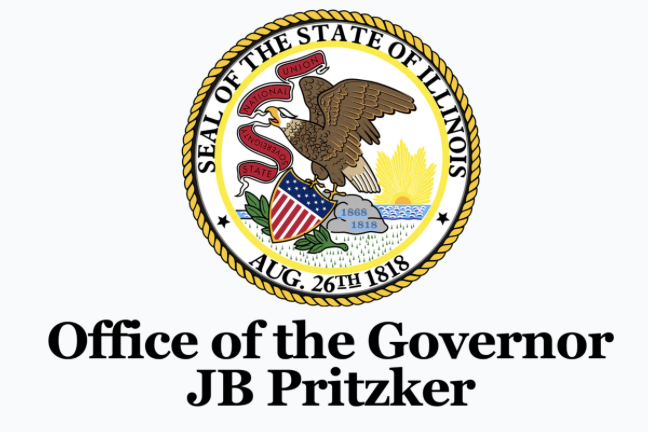Historic legislation ensures fair negotiations for principals' first collective bargaining agreement
In a watershed moment for Chicago’s principals, Illinois Gov. JB Pritzker officially signed House Bill 297—also known as the Mandatory Interest Arbitration Bill—into law at the end of March. This historic measure, authored and championed by the Chicago Principals & Administrators Association (CPAA), AFSA Local 2, cements neutral arbitration as a key component of labor negotiations for principals and assistant principals in Chicago Public Schools.
The law, hailed as a monumental achievement by education advocates, ensures school leaders now have a guaranteed and impartial process for resolving contract disputes—one that mirrors the rights already afforded to many other unionized public employees.
“This law guarantees what should have been true all along—principals and assistant principals deserve a fair, neutral process in contract negotiations,” said CPAA President Troy LaRaviere, who has spearheaded the fight for this right since the CPAA’s union recognition. “This victory is for every school leader who continues to stand up for their schools, their students and their profession.”
LaRaviere, a former CPS principal known for his outspoken advocacy, credited a coalition of allies and members whose tireless work made the legislation a reality. The bill’s passage represents not just a procedural shift, but a moral and professional validation for Chicago’s educational leaders. For more than seven years, LaRaviere has held the vision that every school leader in Chicago deserves the right to collectively bargain—and now, that vision has become a reality.
The CPAA, which gained union recognition only a few years ago, has now solidified its legal footing with this bill, setting the stage for a fair and enforceable collective bargaining agreement (CBA). For the first time, CPS principals and assistant principals will have an equitable platform to negotiate over crucial issues like staffing, safety, resources and working conditions.
CPAA’s Chief of Staff and Lead Negotiator Kia Banks emphasized the long-term significance: “This law prevents unnecessary delays, ensures a fair resolution process and allows us to focus on what truly matters—creating the best possible learning environments for our students. Our working conditions are our students’ learning conditions.”
The law arrives at a critical juncture as CPAA begins negotiations for its inaugural CBA. With this legislation in place, any impasse in talks will be resolved through binding arbitration, avoiding the stalemates that have long plagued labor relations in education.
Throughout the legislative journey, CPAA members demonstrated extraordinary unity and resolve. From organizing petitions to lobbying legislators, their grassroots campaign gained bipartisan support in Springfield.
CPAA Director of Operations Kent Lau, a veteran of more than two decades with the association, called the moment “unprecedented. First, we secured official union recognition. Now, we’ve ensured our rights in the negotiation process. This is a game-changer for school leaders across the city.”
CPAA Board Member and Principal Tyrone Dowdell pointed to LaRaviere’s leadership as the driving force: “He never backs down when it comes to advocating for school leaders, and today, that persistence has paid off. This is a victory not just for him, but for every principal and assistant principal who has worked tirelessly for their schools and students.”
Gov.Pritzker’s signature on HB 297 capped a long and hard-fought campaign—one backed by state Sen. Willie Preston and state Rep. William Davis, who played pivotal roles in advancing the bill.
“We are profoundly grateful to Governor Pritzker,” said LaRaviere. “With this law, he has strengthened not only our profession but also the stability of Chicago’s public schools and the futures of the students we serve.”
The CPAA also extended heartfelt thanks to their union allies, whose solidarity was critical to success. “Our collective action as unions has proven that when we stand united, we are unstoppable,” said the organization in a celebratory statement to members.
With the arbitration law now enacted, the CPAA is laser-focused on its next mission: negotiating a strong, equitable contract that reflects the vital role school leaders play in student success.
“This victory is just the beginning,” said LaRaviere. “Now, we negotiate with the confidence that our voices will be heard, our efforts respected, and our rights protected.”
For a union that has grown from fledgling recognition to shaping state policy, HB 297 is more than a legislative win—it’s a promise fulfilled and a bold declaration that Chicago’s school leaders will never again be sidelined in decisions that shape the future of education.

